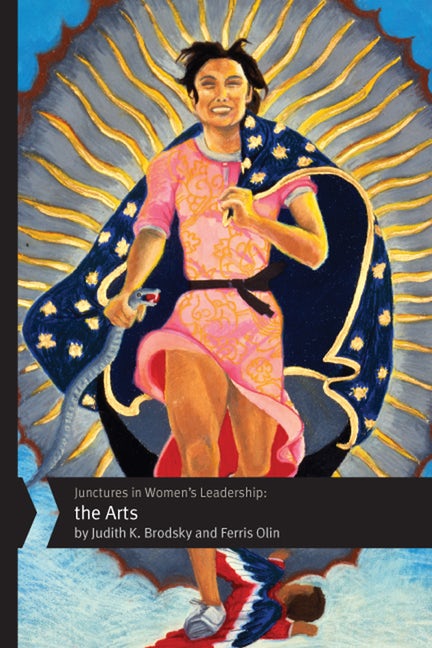By Stuart Mitchner
 Ten years ago, my column about the Bryn Mawr Wellesley book sale featured poet and Princeton graduate W.S. Merwin’s memoir, Summer Doorways (2005), with its recollection of student life in the 1940s. Those were the days when poets Merwin and Galway Kinnell were waiting tables (“the only two waiters who had been on the job for so long without being promoted”) and frequenting the Parnassus Bookshop “in a house along Nassau Street.” The shop was run by Keene and Anne Fleck, who told Merwin about the proposed Creative Writing Program just getting started under R.P. Blackmur. At her urging, he wrote to Blackmur and asked to be admitted to the course. Blackmur’s assistant was a poet named John Berryman. The rest, as they say, is history.
Ten years ago, my column about the Bryn Mawr Wellesley book sale featured poet and Princeton graduate W.S. Merwin’s memoir, Summer Doorways (2005), with its recollection of student life in the 1940s. Those were the days when poets Merwin and Galway Kinnell were waiting tables (“the only two waiters who had been on the job for so long without being promoted”) and frequenting the Parnassus Bookshop “in a house along Nassau Street.” The shop was run by Keene and Anne Fleck, who told Merwin about the proposed Creative Writing Program just getting started under R.P. Blackmur. At her urging, he wrote to Blackmur and asked to be admitted to the course. Blackmur’s assistant was a poet named John Berryman. The rest, as they say, is history.
Climbing Mt. Princeton
Curious to learn more about that bookshop on Nassau Street, I did some cyberspace browsing and found, as if on a table at a virtual Bryn Mawr, a volume called Breaking Through Clouds by Richard F. Fleck, who grew up in Princeton. In his account of climbing Mount Princeton (14,204 feet) in the Sawatch Range of the Rockies, Fleck recalls sitting in “the warmth and comfort” of his parents’ bookshop listening to “young poets” like Merwin, Kinnell, and William Meredith.
After coming away empty-handed on my mainly reportorial visit to the preview morning of this year’s book sale, I returned Saturday with the news of Merwin’s death fresh in mind and found a copy of his 1999 collection The River Sound abandoned on the discard table. Opening the volume at random to “Testimony,” which takes up 58 of the collection’s 133 pages, I found myself once again in Princeton with Merwin and Kinnell in those days “when we were too young/for the war.” The line that jumped out at me, however, referred to Mike Keeley (“we have been friends since both of us/were beginning to shave”), a clear signal that it was time to contact poet, translator, novelist and Professor Emeritus of English Edmund Keeley for his thoughts about Merwin. more


 B
B
 E
E I
I Forever Changes
Forever Changes  A
A I
I “Nothing in moderation!”
“Nothing in moderation!” T
T T
T M
M T
T W
W The first thing you see when you walk into Nature’s Nation: American Art and Environment at the Princeton University Art Museum could be called an act of war. Or you could downgrade it to a metaphor for climate change like the one recently used by scientists comparing greenhouse gas emissions to “a speeding freight train.” However you frame the dynamic, it happens as your eyes move from the majesty of Albert Bierstadt’s Bridal Veil Falls, Yosemite (ca. 1871-73) to Valerie Hegarty’s travesty Fallen Bierstadt (2007). According to an online video narrated by Hegarty, she painted her own version of the Bierstadt and then, in effect, blew it up, leaving a hole in the bottom half, the remains scattered in a pile of papier-mâché debris on the gallery floor that museum aides have to occasionally rearrange. The artist says her intention was to simulate “acts of entropy, as if maybe the painting went over the falls and was left to decay.”
The first thing you see when you walk into Nature’s Nation: American Art and Environment at the Princeton University Art Museum could be called an act of war. Or you could downgrade it to a metaphor for climate change like the one recently used by scientists comparing greenhouse gas emissions to “a speeding freight train.” However you frame the dynamic, it happens as your eyes move from the majesty of Albert Bierstadt’s Bridal Veil Falls, Yosemite (ca. 1871-73) to Valerie Hegarty’s travesty Fallen Bierstadt (2007). According to an online video narrated by Hegarty, she painted her own version of the Bierstadt and then, in effect, blew it up, leaving a hole in the bottom half, the remains scattered in a pile of papier-mâché debris on the gallery floor that museum aides have to occasionally rearrange. The artist says her intention was to simulate “acts of entropy, as if maybe the painting went over the falls and was left to decay.”
 W
W
 W
W A
A W
W T
T W
W